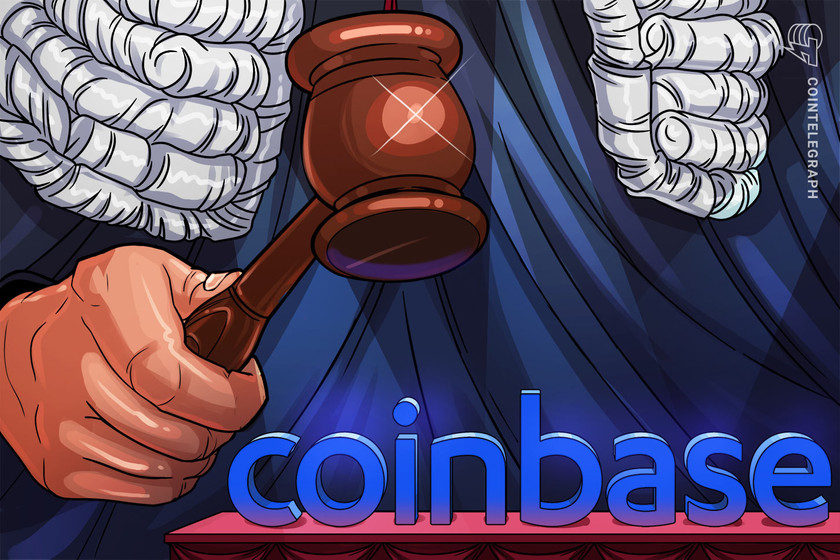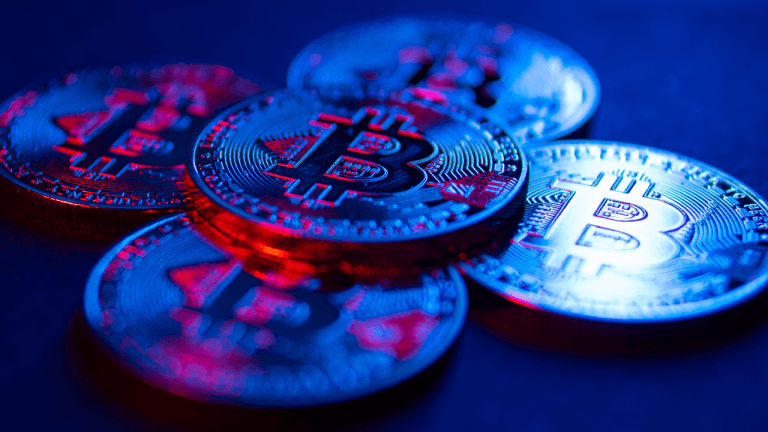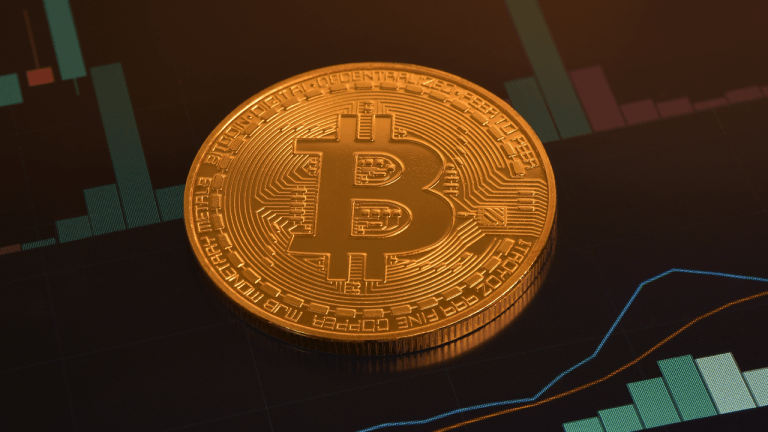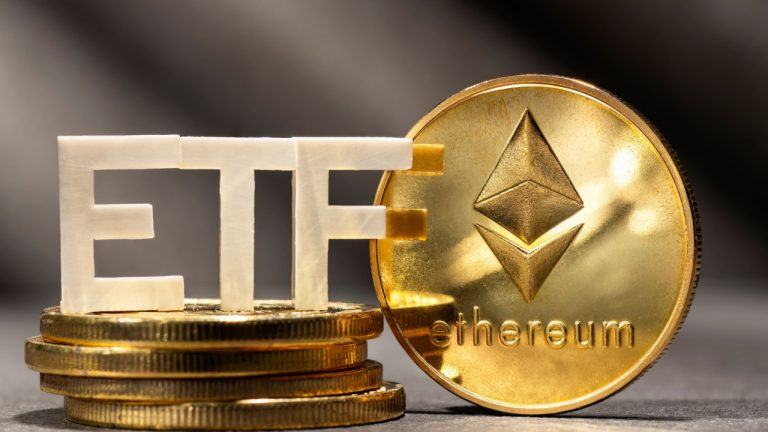
Coinbase wins $470K restitution in insider trading case

The brother of a former Coinbase employee allegedly profited from an insider trading scheme and now has 20 years to repay the funds.
The brother of a former Coinbase employee has agreed to pay the cryptocurrency exchange nearly $470,000 for his role in an insider trading scheme.
According to a New York District Court filing signed on April 6 and made public on April 10, Nikhil Wahi — brother of former Coinbase product manager Ishan Wahi — will be required to begin making restitution payments while serving time in prison in what is believed to be the first insider trading case involving crypto.
The amount must be paid in full within 20 years of Nikhil’s release from prison and represents the amount Coinbase spent on legal services relating to the Department of Justice’s investigation.
In September 2022 Nikhil pleaded guilty to initiating trades based on confidential information obtained from his brother and is currently serving 10 months in prison for wire fraud conspiracy charges after being sentenced on Jan. 10.
2/ As a result of our investigation we identified 3 suspects and provided this information to law enforcement. One person was a Coinbase employee who we terminated. Today, the DOJ has criminally charged this former employee and the two other individuals for this abusive conduct.
— Brian Armstrong (@brian_armstrong) July 21, 2022
Because of his position at Coinbase, prosecutors alleged Ishan knew when the exchange would be listing new cryptocurrencies and informed his brother Nikhil and an associate of theirs, Sameer Ramani, prior to the asset listings being publicly announced.
The prices of the listed cryptocurrencies generally rose after their listing, netting Nikhil $892,500 in profit, according to prosecutors. As part of his sentencing, Nikhil was required to forfeit these funds to the United States government.
Related: Coinbase head of exchange departs and plans to start new crypto project: Report
In a separate civil case, Coinbase defended the brothers and Ramani after the trio was sued by the Securities and Exchange Commission for violating antifraud provisions of U.S. securities laws.
In a March 13 amicus brief, Coinbase said that it condemns the defendants’ conduct but was supportive of a motion to dismiss the case as it argued the SEC had no jurisdiction to file a lawsuit given the tokens in question do not pass the Howey test — a U.S. legal doctrine that evaluates whether an asset is a security.
Last week I testified to Congress about Coinbase’s futile effort to register with the SEC so we can begin to offer digital asset securities. Today we filed an amicus brief in SEC v. Wahi that explains why this misguided suit only makes things worse. 1/5https://t.co/9iWYrWwpiI
— paulgrewal.eth (@iampaulgrewal) March 14, 2023
The SEC noted in an April 3 filing that it had reached an “agreement in principle” with Ishan to resolve the SEC’s claims and was also in “good faith discussions” with Nikhil.
Hodler’s Digest, April 2-8: BTC white paper hidden on macOS, Binance loses AUS license and DOGE news
Go to Source
Author: Luke Huigsloot









